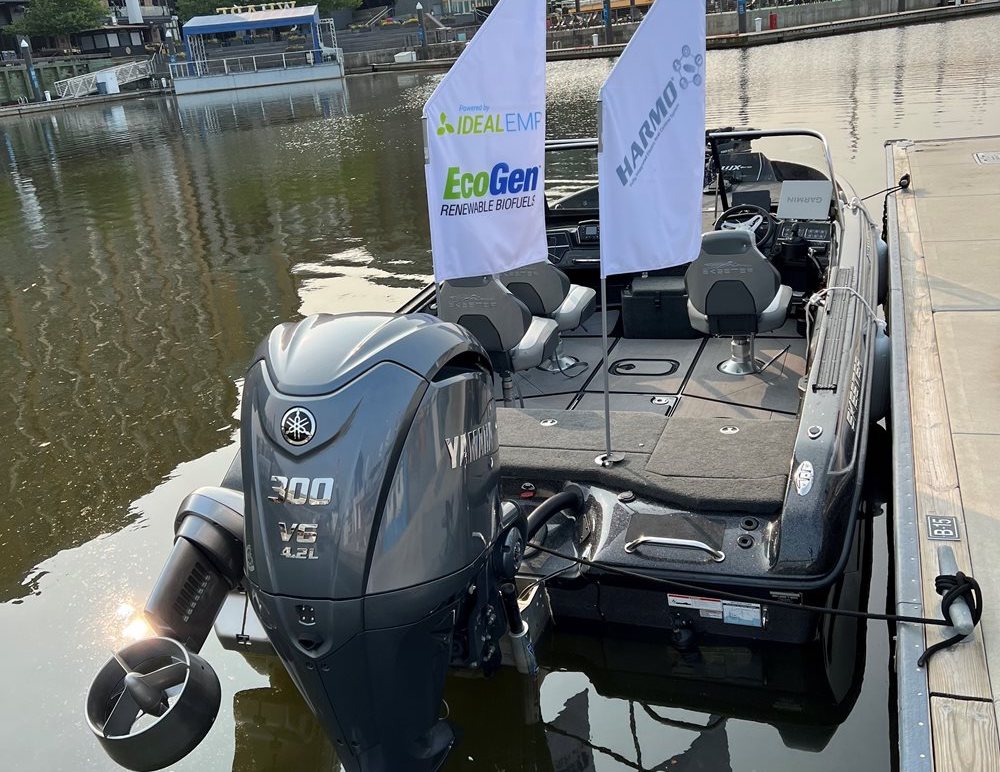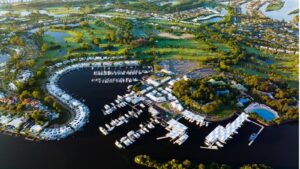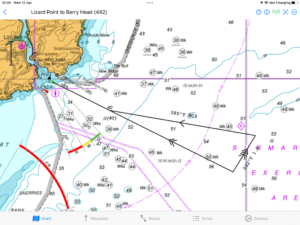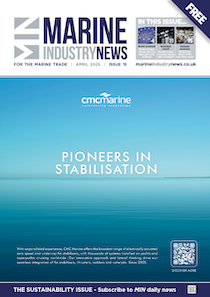Yamaha promotes solutions to industry challenges at American Boating Congress

During the recent American Boating Congress (ABC), 8-10 May in Washington, D.C., Yamaha and other industry leaders conducted meetings on Capitol Hill to educate legislators about the benefits of sustainable marine fuel, the need to mitigate aquatic invasive species, and the industry’s desire to deploy technical solutions to reduce the risk of vessel strikes to marine mammals.
“The recreational boating industry is making strides to reduce CO2 emissions, especially by paving the way for sustainable marine fuels in the marketplace,” says Martin Peters, director marine external affairs, Yamaha U.S. Marine Business Unit.
“We went to Capitol Hill to advocate for sustainable fuels and other practical solutions for industry challenges. Legislators listened, but there is much more work to do.”
Introduction of sustainable marine fuel
Yamaha says the recreational marine industry must plan to decarbonise its products to meet customer and regulatory expectations and, in order to do so, must explore multiple solutions. With boats requiring 10 times more energy to move through water than cars through the air, the company says the energy density of today’s battery technology is not great enough to support electrification of its larger outboard motors and other internal combustion products.
Yamaha advocates that sustainable marine fuels are compatible with existing recreational boats with no required changes to the boat fuel system or engine, and that these fuels remain the only solution for the existing 12 million boaters to immediately reduce carbon emissions without waiting for fleet turnover.
Recreational marine engines retire at a rate of approximately two per cent, which means the industry retains a significantly older fleet relative to automotive, says Yamaha, and since 75 per cent of the global recreational marine fleet were produced prior to 2010, using sustainable marine fuels in the legacy fleet will significantly lower CO2 emissions immediately.
Mitigation of aquatic invasive species
During the past 18 months, Yamaha leadership and Yamaha Pro Fishing Anglers participated in an Aquatic Invasive Species Commission in response to concerns from customers and conservation partners. The commission produced a comprehensive report in March 2023 with several priorities, including updates to aquatic invasive species (AIS) federal law and policy, increased federal funding to assist in AIS mitigation at regional and watershed levels and increased public education and engagement about the dangers of AIS.
Funding to Monitor Whales/Opposition to NOAA®’s Proposed Vessel Speed Restriction
Congress was also petitioned to fund the authorised near real-time monitoring and mitigation program for threatened or endangered whales. It’s thought that funding the monitoring and mitigation program will encourage government and private technologies to develop tools to protect sensitive marine species for generations to come.
Supporting 2,400 dealers and boat builders nationwide, Yamaha’s U.S. Marine Business Unit is responsible for the sales, marketing, and distribution of Yamaha Marine products in the U.S. including Yamaha Outboards, Yamaha WaveRunners®, Yamaha Boats, G3® Boats and Skeeter® Boats.
In April 2023, Yamaha’s U.S. Marine Business Unit has opened a new Marine Innovation Centre in Kennesaw, Georgia. The new 75,280 square-foot facility houses the Yamaha Marine Connected Division as well as Yamaha US Marine Development, Yamaha Marine Product Management and Yamaha Marine Technical Marketing.
Last year (November 2022), Yamaha Motor announced it’s adopting plant-derived cellulose nanofibre (CNF) reinforced resin for marine products as an initiative toward reducing CO2 emissions and the company’s environmental footprint.










